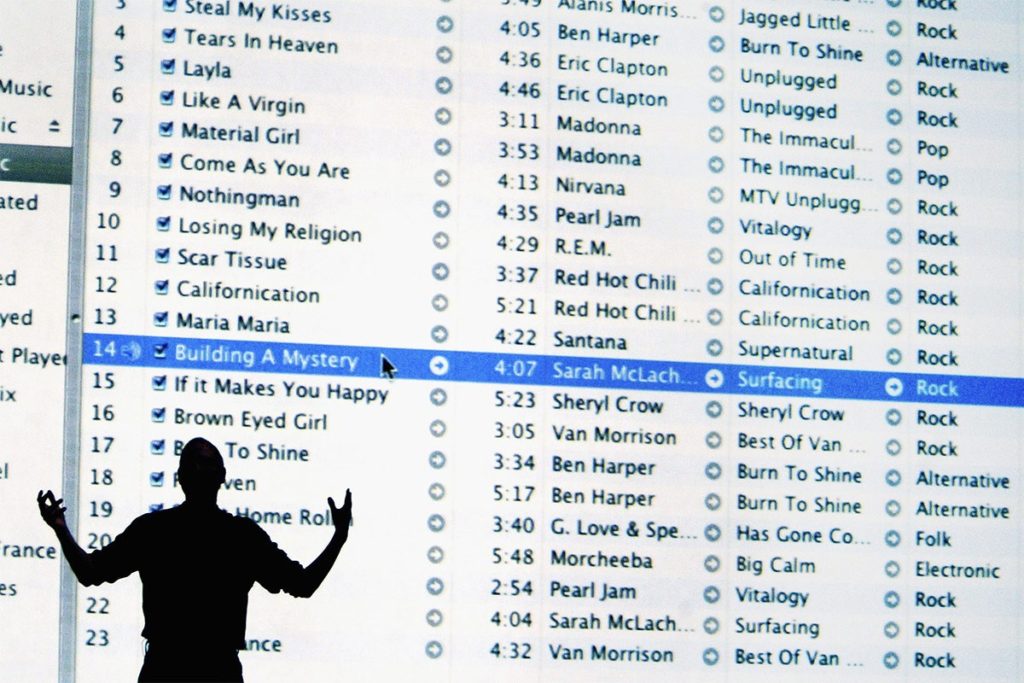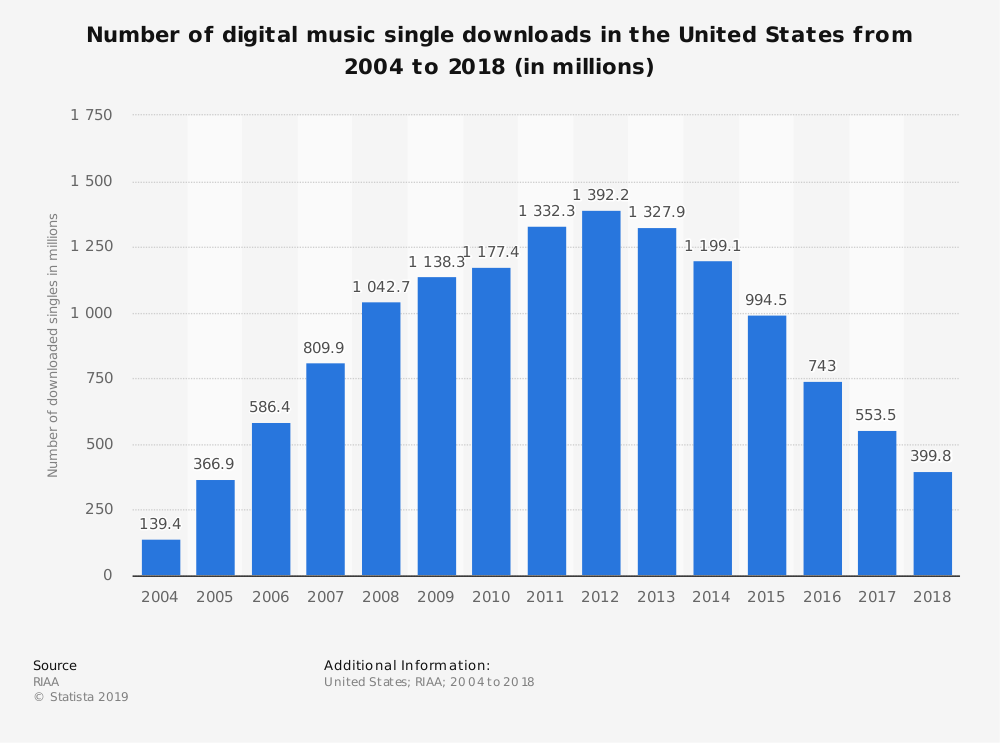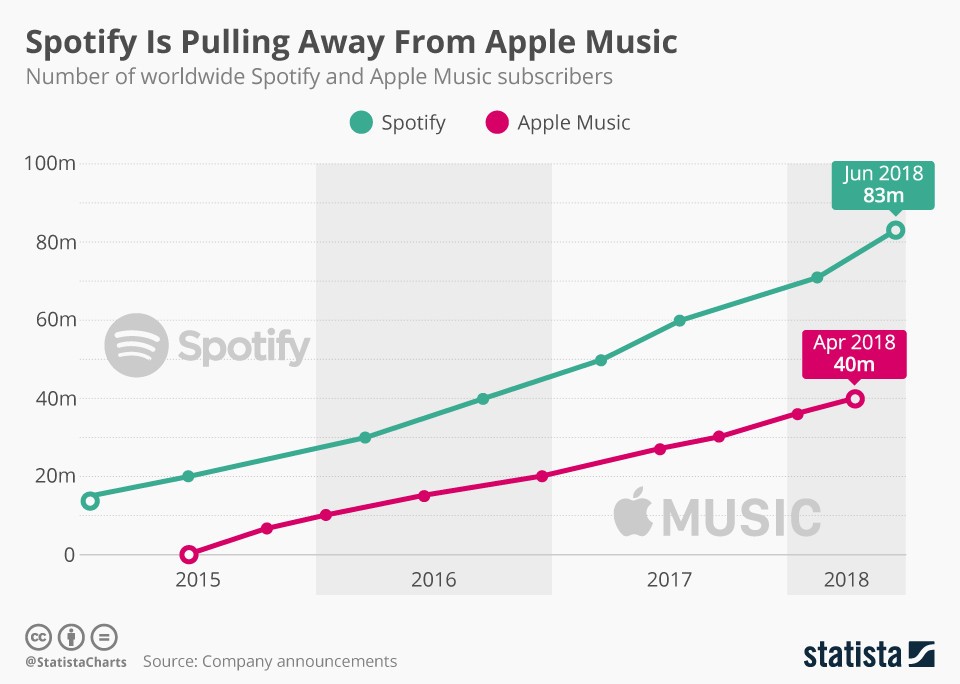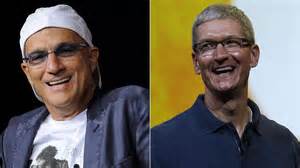Apple Shutting Down iTunes! Well, Kind of, Maybe…

Nothing changes for Windows users. For Mac fanatics, a paywall looms.
It’s official! At last week’s World-Wide Developers Conference in San Jose, CA, Apple announced that some time this fall, it will end iTunes-as-we-know-it, and replace it with three separate platforms that already exist on Apple products.
For Windows PC patrons, this is an end-of-story line: Nothing changes. That’s the good news. Here’s the bad: The functionality of that big, holy mess of mixed media that has frustrated iTunes users for years is probably going be be left behind when it comes to upgrades. We’ll find out for sure come September or October.
Mac Users Climbing That Paywall?
First things first for Mac users: Your library stays with you. You have free access to it. Every song you’ve ever ripped, bought, uploaded or imported from CDs from your local library or sister’s CD collection will be destined for Apple Music. Every movie or TV show you’ve impulsively bought or rented (and then perhaps regretted it when they appeared on cable TV eight days a week) will be headed for Apple Television. Podcasts occupy the third platform.
Now hold on…isn’t Apple Music a streaming service that cost 10 bucks a month? Here’s where I think Apple is making a move.
It’s no secret that streaming has become a significant driver of revenue in recent years, as Apple, Spotify and others battle it out for market share. The “dinosaurs” (myself included) who insist on owning their music, indeed luxuriate in it, have seen our ranks shrink significantly. Isn’t Apple betting that iTunes devotees get a taste of streaming and give it a shot?
The streaming subscription is optional, by the way. iTunes expatriates have to “opt-in.”

iTunes’ Glory Days
Despite the phenomenal growth of downloaded song sales during his company’s 11 years in the digital music business (see graphic, below), Apple CEO Tim Cook could see a future clouded with uncertainty: Overall digital music sales have fallen steadily. (see chart above.)
It had been a good run for iTunes. When Apple opened its iTunes Music Store on April 28, 2003, it would change the music business forever with the cheap digital single. In 2000 Americans bought 943 million CDs, and the record company business model was churning on all cylinders. By 2007 digital units overtook CD sales; by 2012, downloads dominated CD sales by a factor of 7-1.
As you might know, Apple bought Beats Electronics, which was less than a year old, for $3 billion and change, and Apple Music went live in June 2015. Apple not only got the streaming service it desperately needed to stay in the game, but the package came with Jimmy Iovine and Dr. Dre (Andre Young), music industry kingpins who assumed executive positions in Cupertino. Crucially, Iovine and Dre added value to Apple Music with their curation of the music.
Apple’s plunge into the subscription streaming market ably illustrates the lightning-quick evolution of digital music. It has gone from CDs to downloads to streaming in just 25 years. This breathless transformation stands in stark contrast to the slow development of recorded music in human history.
Brief History Lesson: Recorded Music
Thomas Edison’s “tinfoil cylinder” phonograph first recorded the human voice in 1877. Edison then launched his “speaking phonograph” company commercially, only to be beaten to the punch by a one Emile Berliner, whose Victrola (playing 78 rpm vinyl discs) became the talk of the town in 1905.
Columbia Records came up with 33 1/3 long-playing records in the 1940s, followed by Decca’s innovation with high fidelity sound. The 3M Company developed recording tapes that fit perfectly with Ampex’s tape recording machines. In 1963 Phillips introduced the audio cassette tape, examples of which are probably stored in the back of one of your closets.
It was Sony which revolutionized the personal recording device in 1978 with its Walkman. The company sold over 100 million of them. Meanwhile the digital revolution began in earnest around 1987, when a German company advanced a technology called MP3…short for Motion Pictures Expert Group, Audio Layer III. MP3 audio coding could “shrink down the original sound data from a CD by a factor of 12, without losing sound quality.”
Hello, iPod.
Goodbye, iPod.

The New Frontier
Updating the above chart, Spotify recently surpassed 100 million global subscribers, making the Sweden-based company the undisputed king of on-demand streaming music.
Spotify boasts a song catalogue of over 30 million, with 20,000 new songs added every day. Although not yet profitable, Spotify’s current share price of $138 is not that far off from its inflated Initial Public Offering (IPO) price of $165. Spotify is in it for the long run.
Apple Music is hot on its heels. It claims more subscribers than Spotify in the US alone. Apple flaunts a catalogue of 45 million songs, thanks in part to the durable reign of iTunes.
It certainly appears that the integration of iTunes into Apple Music is Apple’s primary gambit…its “ace in the hole”…to surpass Spotify and become the largest streaming service in the world. Apple has shaken the foundation of the music business before.
You don’t become the world’s most valuable company by standing pat.



















































































































